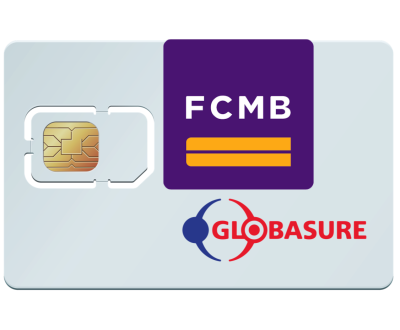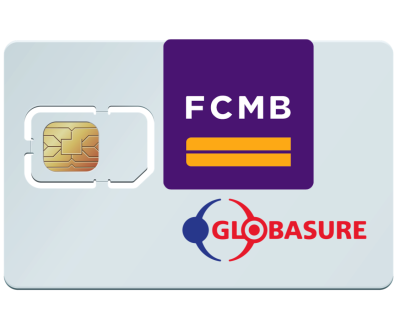The industry is growing at such a rapid pace that the laws of the country have not been able to keep up. Thus, there is no adequate legal or institutional framework to govern and regulate the activities and operations of these FinTech companies.
Banks and Other Financial Institutions Act (BOFIA) 2020
FinTech companies function as financial institutions. Hence, they come under the provisions of the BOFIA. Going by the provision of this Act, FinTech companies in Nigeria must be registered with the Corporate Affairs Commission (CAC) and obtain a valid license from the Central Bank of Nigeria.
2. Central Bank of Nigeria (CBN) Act 2017
Although the CBN Act didn’t envisage financial services delivered via technology, the Central Bank has formulated policies that touch the financial services provided by the FinTechs. Hence, it has become applicable to them.
Some of these policies are Guidelines on Mobile Money Services in Nigeria (2015), Guidelines for Licensing and Regulation of Payment Service Banks in Nigeria (2008), Revised Guidelines for Finance Companies in Nigeria (2014), CBN Risk-Based Cyber-Security Framework and Guidelines for Deposit Money Banks and Payment Service Providers 2018, CBN Microfinance Policy, Regulatory and Supervisory Framework 2011, etc.
3. Investment and Securities Act 2007
The ISA 2007 establishes the Securities and Exchange Commission which regulates activities in the Nigeria capital market. In essence, regulatory policies made by the SEC also apply to FinTech companies in the stock market as it is tasked with the responsibility of protecting investors.
4. Money Laundering (Prohibition) Act 2011
This act provides for adequate disclosure and reporting by both financial and non-financial companies in its effort to prevent money laundering relating to financial transactions by individuals and corporate entities.
5. Money Lenders Act
The Money Lenders Act regulates all lending activities in the countries. It also provides for a money license, which is a legal requirement for companies that lend money for interest. Hence, FinTech companiesthat are into the business of money lending are governed by this law.
What you should know
- These laws and guidelines are not exhaustive of the legal framework for FinTechs in Nigeria. However, it gets you started in the right direction.
Source: Nairametric
More from our blog
See all postsRecent Posts
All Website Tags
Leave a Comment cancel
This site uses Akismet to reduce spam. Learn how your comment data is processed.








 WhatsApp us
WhatsApp us